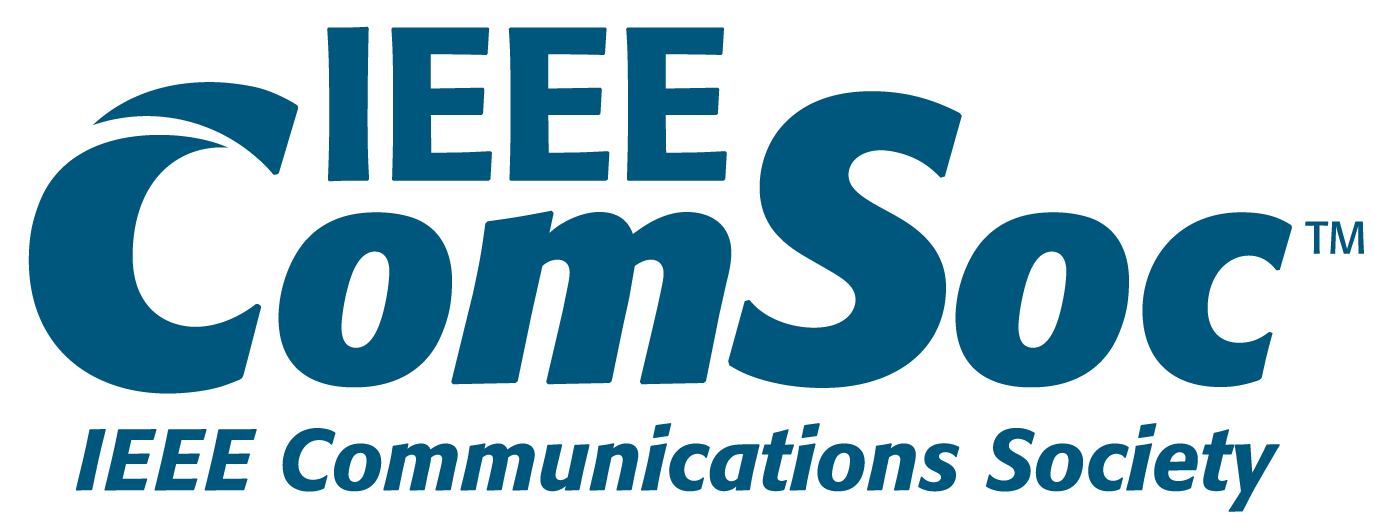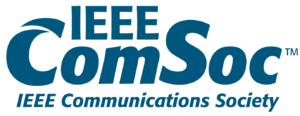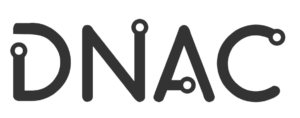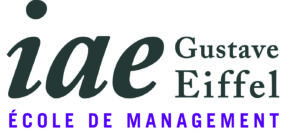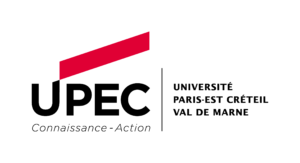BRAINS 2022 Call For Papers:
(Click here to download CFP in PDF format)
Blockchain and Distributed Ledger Technologies (DLT) have the potential to disrupt any domain involving coordination among autonomous resources. This includes finance and payments (e.g., fintech), but also networks (e.g., power grids or telecom networks), computing (e.g., brokering of edge resources), IoT (e.g., supply chain, V2X or industry 4.0) or service platforms (e.g., identity management). BRAINS Conference is dedicated to these new advances that could make the world of networks and services more secure, while enabling disruptive new distributed business models.
BRAINS conference is dedicated to these new advances that could make the world of networks and services more secure, while enabling new distributed business models.
Areas of interest include, but are not limited to:
Fundamentals of Blockchain and DLT:
- Theoretical contributions on Blockchain and DLT
- Distributed consensus and fault tolerance solutions, including domain-specific consensus (e.g., for networking)
- Tradeoffs between decentralization, scalability, performance and security
- Protocols and algorithms
Decentralized Apps, Smart contracts and chain code:
- Development languages and tooling
- Security, Privacy, Attacks, Forensics
- Transaction Monitoring and Analysis
- Token Economy
- Distributed Trust
- Collaboration between on-chain and off-chain code
- Oracles, DeFi, NFT dapps and protocols
Application and service cases of DLT and Smart-Contracts:
- Finance and payments
- IoT and cyber physical systems
- Smart grids and Industry 4.0
- Networking, Edge and Cloud Technologies
- 5G Technologies, Telecom Process and Operation
- Supply chain management
- V2X, connected and autonomous vehicles
- Services or Resources Marketplaces
- Blockchain as a service
- Blockchain-defined networking
Submission Guidelines
Submitted papers must represent original material that is not currently under review in any other conference or journal and has not been previously published. All submissions should be written in English with a maximum of eight (8) printed pages (Full Papers) or Four (4) pages (in Two-Column IEEE Conference Format), including text, figures, and references. Papers should be submitted through EDAS at: https://edas.info/N29333

